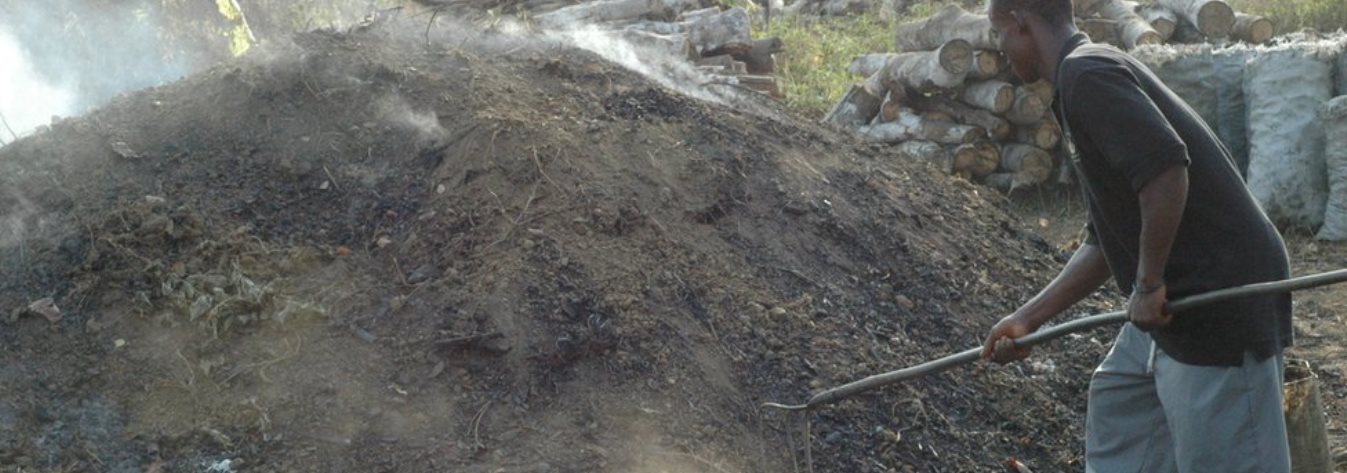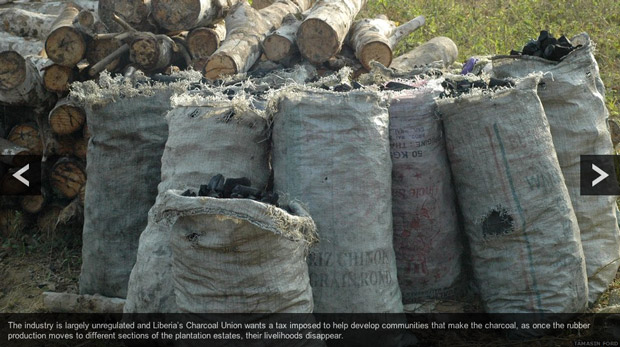
This morning we ran across two articles covering two different aspects of the climate change debate. Or should we say, two articles highlighting two very divergent realities about climate change. It is important to note that the climate change debate between scientists is a much different conversation than the conversation between those affected by climate change.
On one hand, most scientists have the luxury of empirical data upon which to base their arguments, either in defense or in denial of the phenomena. On the flip side, those affected by climate change most often live the experience of climate change. Their anecdotal contribution to the debate is very much passed over for lack of scientifically verifiable data. This creates a valley of misunderstanding where both sides are speaking past each other and not really putting the two sides of the debate on a equal pitch.
Here's a look at the two articles:
The first one is a prime example of what one normally sees in the climate change debate, highly-educated Western academics and practitioners locked into a battle of intellectual one-upmanship. In this case, Germany's Spiegel publication sits down with long-time activist Fritz Vahrenholt on his new book, The Cold Sun, in which he disputes that CO2 and man-made GHG as the major and sole contributors to climate change.
Today, I want new scientific findings to be included in the climate debate. It would then become clear that the simple equation that CO2 and other manmade greenhouse gases are almost exclusively responsible for climate change is unsustainable.
According to the interview, Vahrenholt asserts that global warming isn't happening, and that in fact, there's a global cooling period that is about to begin.
The whole Q&A session with Spiegel is a riveting exchange of equally matched intellectuals dancing around dissenting conclusions. However, it is important not to dismiss Vahrenholt simply as a climate denier. As a respected scientist in Germany's energy sector, his counter argument to the seemingly single story on climate change is going to carry a lot of weight and perhaps open a whole new chapter to the climate change debate. Vahrenholt, it seems, is aiming for this as an outcome.
"It hasn't gotten any warmer on this planet in almost 14 years, despite continued increases in CO2 emissions. Established climate science has to come up with an answer to that."
The second article was a pictorial featured on the BBC Africa website: In pictures: Making charcoal from Liberian rubber trees. The first thing you notice about this pictorial is that, the images tell the story, instead of the people in the images. The images tell the story of the after-market of rubber trees, a major industry in Liberia, that are cut down after every 25 years. The local population harvests the fallen trees and manufactures charcoal, the preferred energy source for most of the country. According to the captions, Liberia relies mostly on wood for it's access to energy. Only 1% of the country has access to modern clean fuels, the lowest in the world.
This is a polar contrast to Germany, with it's vast array of clean energy resources including wind, solar, nuclear, and hydro-electric. So vast that Vahrenholt casts off solar energy as not suitable for Germany. To Vahrenholt, solar should be relegated to developing markets. "Wind power and biomass are fine in Germany, but no solar panels, please! They're better off in Africa and southern Europe." Must be nice to have an abundance of choices.
The framing of the two discourses is also telling of the current state of the debate. On one hand, the intellectuals get the microphone to wax poetic in defense of their purview. Those at the bottom of the climate change pyramid are most often depicted through someone else's lens and are never part of an equal conversation. They are the users, the affected, and the statistical collateral damage of a polarizing debate.
What happens when the debates become about the people, and less about the science and cyclical anomalies? What happens when these rubber tree scavengers (call them recyclers really) become the center of conversation? Sure, keep science as the tent poles for reasoned policy, but centered around people-centric holistic solutions geared at sustainable development. Does the outcome of the debate change if we reverse course and look at the issue through a human lens? Climate change scientists (not surprisingly) defer on man's contribution to climate change in the grand scheme of the Earth's climate cycles, some dating back thousands of years before man's started producing GHGs.
The UN's Zero Draft documents is heavy on language calling for inclusive sustainable development, where all participants get equal participation and contribution. The document also highlights the need to connect the two spheres of the conversation by maximizing the use of ICT as a tool for development communication. Easier access to information for those at the bottom of the climate change pyramid could facilitate equal discourse between those that have the knowledge and solutions and those lacking climate change facts, data, and research.
@Connect4Climate~Due to high illiteracy levels (75%). Climate Change may seem an alien word to many pple in my locality!
— Abdisalan Ahmed (@Abdisalan_Ahmed) February 8, 2012
ICTs coincidentally, also address a little talked about barrier to a level discourse. As one of our social media followers, Abdisalan Ahmed from Kenya, pointed out on Twitter that "due to high illiteracy levels (75%). Climate Change may seem an alien word to many pple in my locality!"
What do you think, could the use of ICTs help close this gap?




